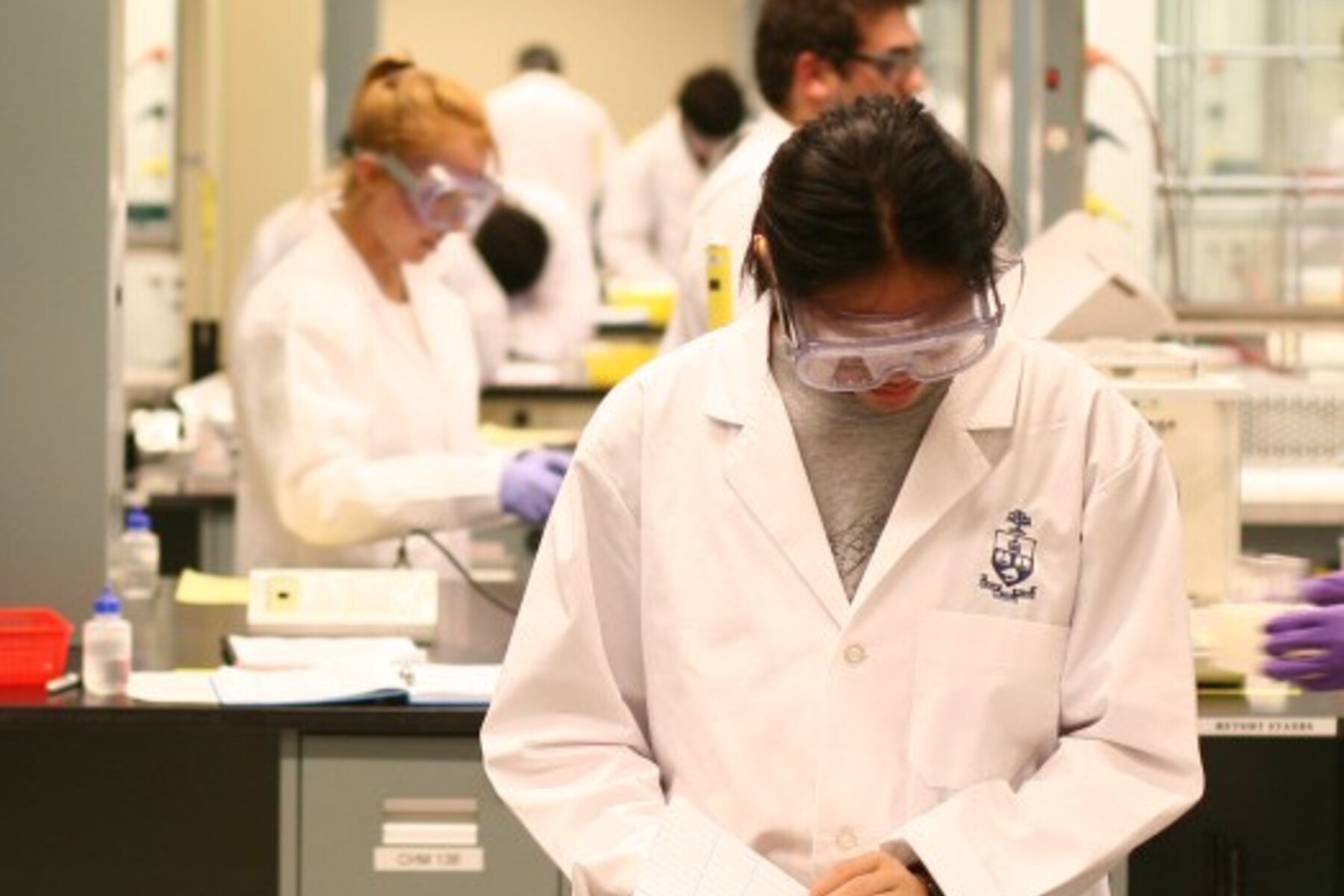Main Second Level Navigation
- Office of Learner Affairs (OLA)
- Community of Support
- Summer Mentorship Program
- Student Mistreatment
- Academic Calendar
- Registration Requirements & Requests
- Resources for Indigenous Students
- Prospective Students
- Research Opportunities
- Graduation & Alumni
- Student Tools & e-Resources
- Finances & Awards
- Student Assistance
- School Absences
Breadcrumbs
- Home
- Student Resources
- Research Opportunities
Research Opportunities

Research is essential for the progress of medicine. As a physician with research skills, you are in the position to advance the frontiers of medical practice and improve patient care, whether discovering new treatment options, establishing the benefits of existing clinical practices, or evaluating the current health care system for potential policy changes. That is why research experience is favoured by hospital or residency admission committees and can help open a broader spectrum of career avenues.
There are three main pathways for medical students to engage in and share research during pre-clerkship:
- Comprehensive Research Experience for Medical Students (CREMS) Programs
- Graduate Diploma in Health Research (GDipHR)
- Opportunities through departments, centers and institutes, hospital-based affiliates and research institutes, external awards and studentships as well as student-run summer opportunities
Comprehensive Research Experience for Medical Students (CREMS) Programs
CREMS is a research program, unique to the University of Toronto, that allows students to gain extracurricular research experiences without interrupting their medical studies. The University of Toronto is well recognized as one of the world leaders in academic research and recruits many of the world's best researchers. This is your opportunity to learn from them.
As a CREMS student, you will:
• explore research
• gain valuable research experience
• prepare for a career as a physician with a good foundation of biomedical research
• learn about a career as a clinician-scientist
As CREMS faculty, you will:
• provide research experience for undergraduate medical students in an effective and organized manner
• foster the career path of a medical student through guidance and skill development
• bring clarity and a new sense of possibilities for a career in medical research
• gain a valuable member of your research team
Graduate Diploma in Health Research
The GDipHR program provides graduate-level training research training to selected 1st-year medical students without interrupting their medical studies. Students in the GDipHR program have the opportunity to participate in the continuum of research – from idea creation to data collection to scientific publication and/or presentation at a scholarly meeting – via this consecutive 20-month longitudinal research program. Students will also be exposed to coursework related to a broad range of research concepts, topics, methodologies, and applications to health care.
Critical thinking, scientific inquiry and the development of new medical knowledge are highly valued assets in physicians, who are in a position to contribute to both frontline clinical care and the advancement of medicine.